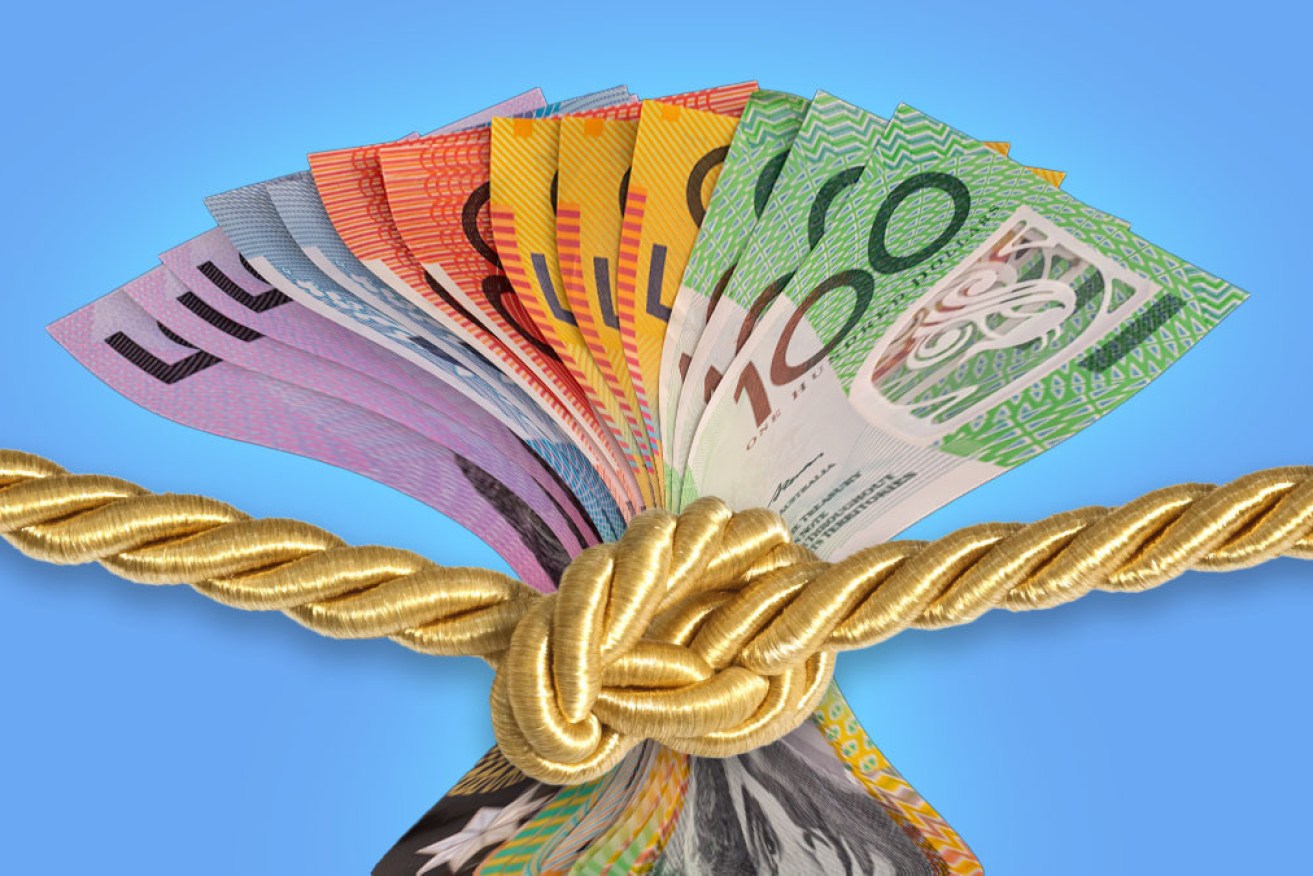Budget squeeze: Cost of essentials rise before inflation spike


Household budgets are being squeezed and it could get worse, the RBA thinks. Photo: TND
Brace for a budget squeeze: Rising prices for petrol and groceries are making life more expensive after COVID-19.
In a double whammy that will hit lower-income households hardest, prices are going up just as JobKeeper and JobSeeker are being wound back.
Indeed APAC economist Callam Pickering said prices for essential goods will be volatile over the coming months due to ongoing supply chain disruptions and increasing demand.
“Many Australians are going to experience a hit to household budgets over the next two to three months,” Mr Pickering told The New Daily.
Leading the charge are petrol prices, which just hit a 13-month high as pricing cycles reached their peak.
They are now as high as 163.8 cents a litre on average. And it’s not just down to the discounting cycles.
Two other key factors are driving up petrol prices: Oil is becoming more expensive because supply is constrained and motorists are returning to the roads (increasing demand).
Meanwhile, fruit and veg prices are also trending up, mainly because labour shortages are making business more expensive for farmers.
As a result, supermarkets warned of higher fresh food and grocery costs in February after ABS data showed prices for food and non-alcoholic drinks rose 2.3 per cent in the December quarter.
And the medium-term outlook for grocery prices is unfavourable, too, as the supermarket discounting wars are long over.
Coles’ prices rose 2.4 per cent over 2019-20 while Woolworths’ rose 1.4 per cent, which was faster than wages growth over that period.
Elsewhere, major suppliers including The Reject Shop told the AFR on Wednesday that soaring shipping costs would soon hit customers.
The RBA is forecasting a spike in headline inflation heading into the June quarter, as governments gradually unwind utility rebates and rent reductions in a bid to get the economy standing on its own two feet.
“In the short term, CPI inflation is expected to rise temporarily because of the reversal of some COVID-19-related price reductions,” RBA Governor Philip Lowe said on Tuesday.
The RBA estimates headline inflation will rise to 3 per cent over the June quarter, but believes this will only be a temporary trend.
Why the inflation spike won’t last
Mr Pickering also said the spike in grocery and petrol prices would only be temporary.
“These may not necessarily be permanent changes,” Mr Pickering said.
“The items that are moving right now tend to be quite volatile over the business cycle.”
To understand why the RBA is projecting underlying inflation to remain subdued over the next three years, we need to look at the outlook for wages growth, which is currently at record lows.
Basically, while supply chain disruptions are driving what’s known as “cost push” inflation in the short term, this is very different to “demand pull” inflation, which is driven by increasing demand when workers have more money to buy stuff.
This means wages need to pick up substantially before aggregate demand picks up enough to drive sustained increases in inflation.
That’s why the RBA is very unlikely to change its policy settings in response to the expected spike in inflation.
“It will take some time to reduce this spare capacity and for the labour market to be tight enough to generate wage increases that are consistent with achieving the inflation target,” Dr Lowe said on Tuesday.








